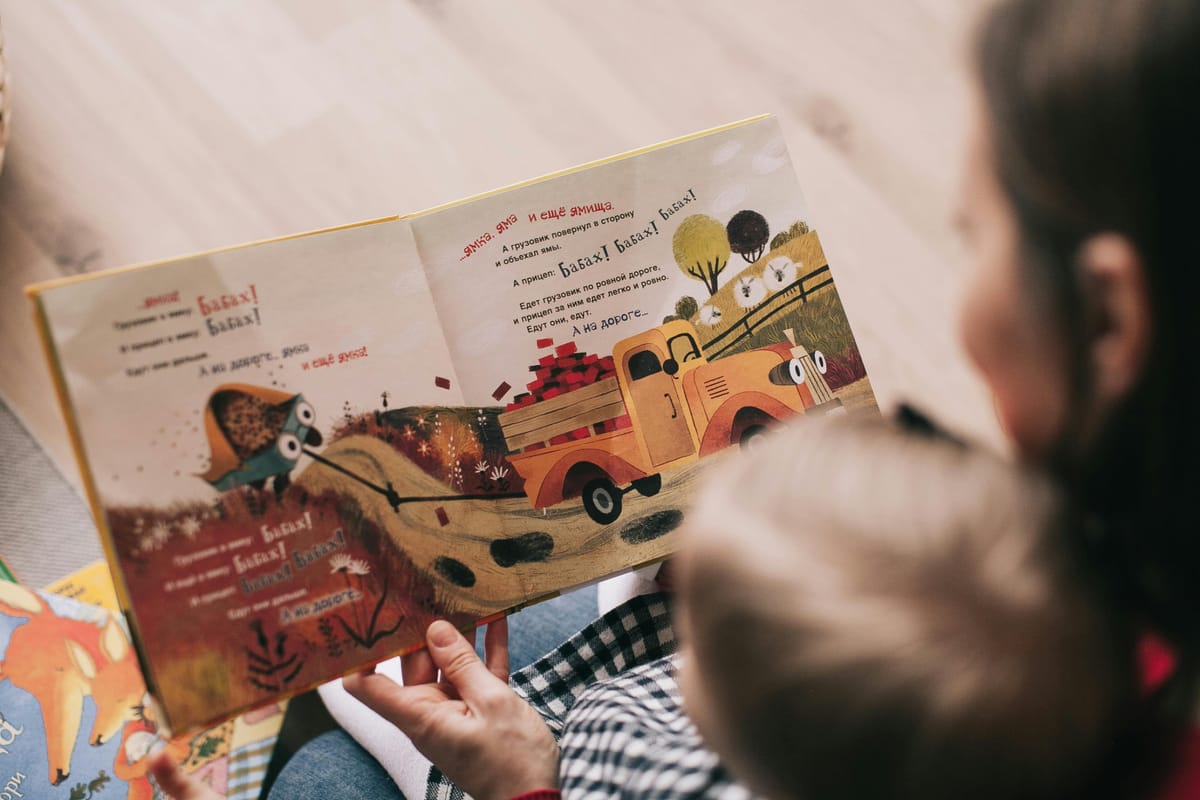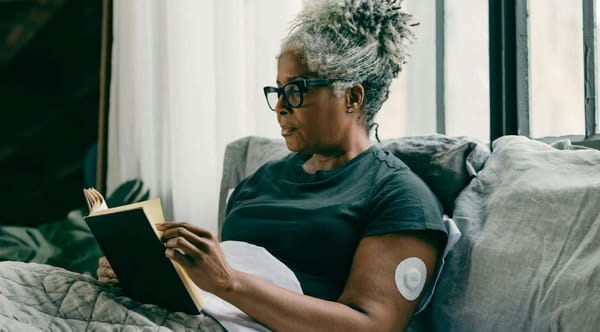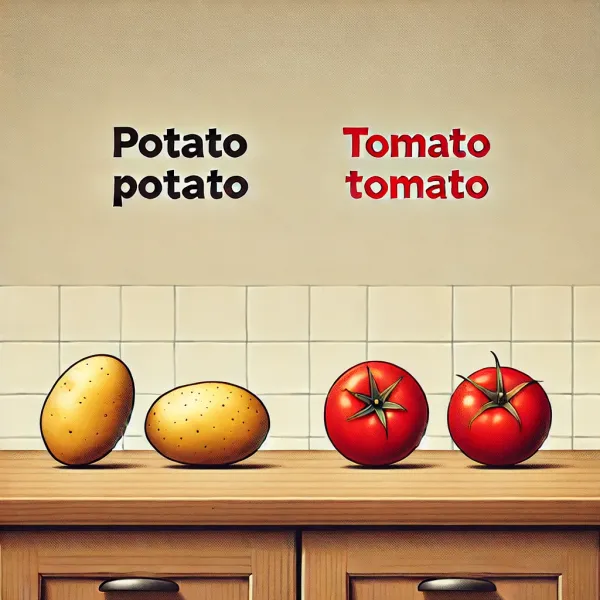Our brain loves to make stories

Did you enjoy reading a good story when you were younger? The prince and the fairy. The frog that transformed into a prince? What about the boy who got lost and mustered the bravery to discover his way back?
Have you ever wondered why we love stories? Why does our brain enjoy narrating stories to itself? Even making up stories about ourselves and the world?
As we interact with the world, we are dealing with facts and information. There are so many trees on the horizon to my right. Given that there are so many trees, the chances of a tiger hiding amidst them and pouncing on me are small.
But facts do not evoke emotions. Stories do. So, if your brain told you that Mohan had been walking these same hills and his carelessness got him killed, it would evoke a very different set of reactions.
That is why your brain loves stories. Stories connect facts and people, evoking reactions that make you act.
Action meant life and death as the human race evolved.
Of course, our lives are very different in modern society. The danger that exists is of a different nature. We have successfully tamed nature, and the threats now primarily originate from each other.
But we still love to tell stories. It is in our nature to do so.
Storytelling in modern society has its uses. But beyond a point, these stories become detrimental to our well-being and self-interest.
Recognizing our primal need to tell a story and being able to stop is a critical skill we must learn.
The stories we tell ourselves consume us. We imagine, fabricate, and create stories when there are none. We tell these stories with such conviction that no one dares disagree.
What stories are you telling yourself, and which one is protecting you? Which ones are hurting you without cause?
Reach out to me on twitter @rbawri Instagram @riteshbawriofficial and YouTube at www.youtube.com/breatheagain






